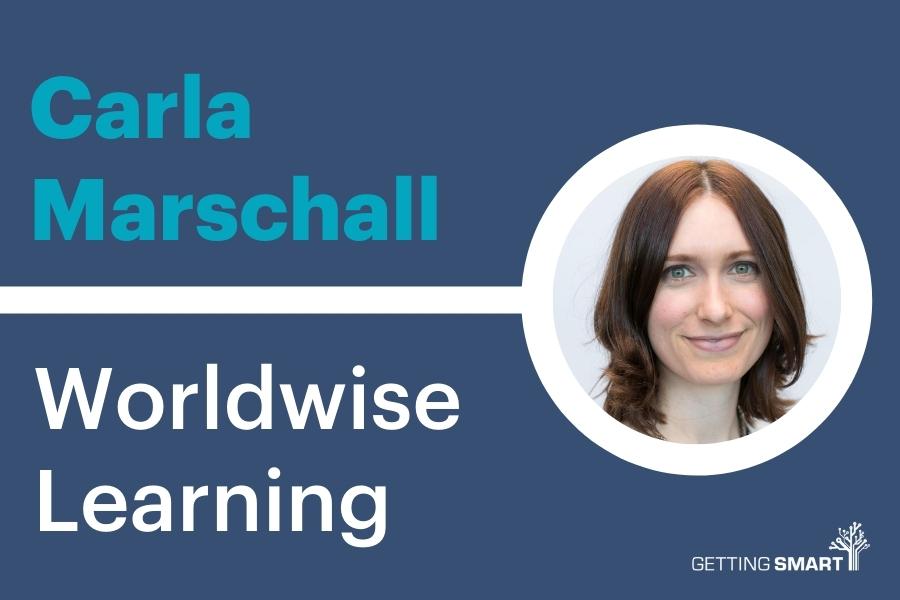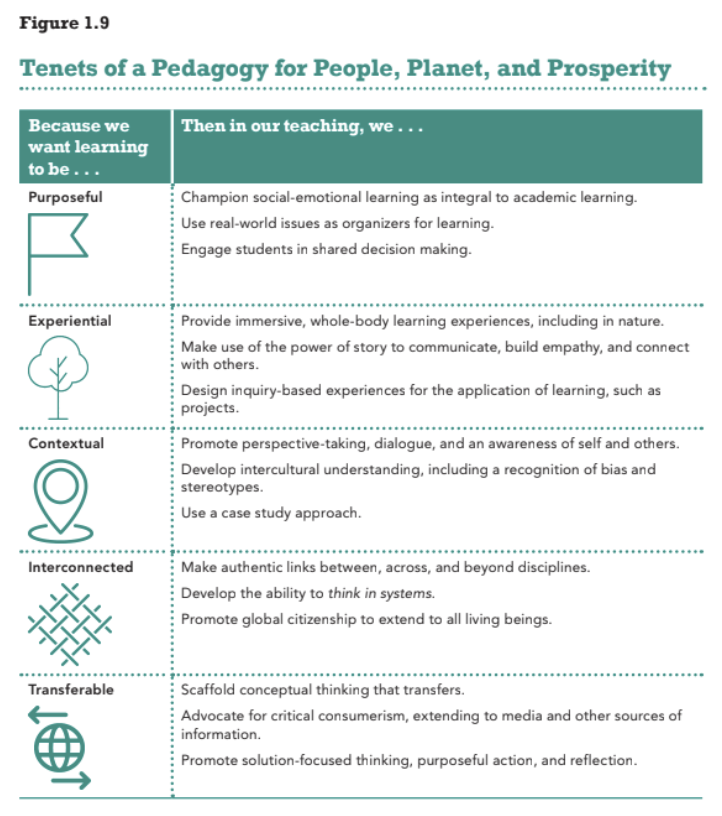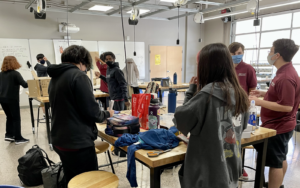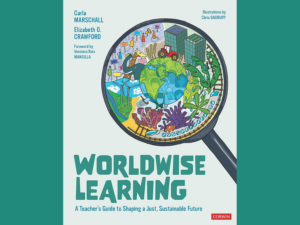Carla Marschall on Worldwise Learning
Key Points
-
We need a pedagogy for people, planet, and prosperity.
-
A worldwise learning cycle consists of connecting, understanding and taking action.

On this episode of the Getting Smart Podcast, Tom Vander Ark is joined by Carla Marschall, co-author of the new book Worldwise Learning: A Teacher’s Guide to Shaping a Just, Sustainable Future, which is a guide focused on supporting K-8 learners in gaining a better understanding of how to be global citizens.
Carla has held leadership roles in international schools in Switzerland, Germany, Hong Kong, and Singapore over the past ten years and currently works as the Director of Teaching & Learning at UWC South East Asia, with the mission to make “education a force to unite people, nations and cultures for peace and a sustainable future.
How do we ask students to actually use what they learn?
Carla Marschall
Check out this excerpt from the book!
Worldwise Learning is richly illustrated, each innovative chapter asserts a transformational approach to teaching and learning following an original three-part inquiry cycle, and includes:
- Practical classroom strategies
- Images of student work and vignettes of learning experiences
- Stories from diverse student, teacher, and organization perspectives.
- unit plana for teaching about global challenges.
- QR codes for more

Definition of Global Competence:
“If global competence is the versatile application of learning to navigate complex issues, students need to be presented with rich learning experiences that require them to problem-solve. They need to be nudged into that territory, where they feel challenged to use their learning with adaptability. Such learning nurtures students’ holistic well-being, peaceful relationships with others, and appreciation for nature. In other words, simply understanding an issue is not enough. We want learners to feel genuine concern and love for the world around them. We want learners to view themselves as capable and competent in affecting positive, long-lasting change. We want them to live their learning with intention and purpose. Such students are hopeful, instead of despondent. They understand that individual actions do indeed make a difference. We call these students Worldwise Learners.“








0 Comments
Leave a Comment
Your email address will not be published. All fields are required.